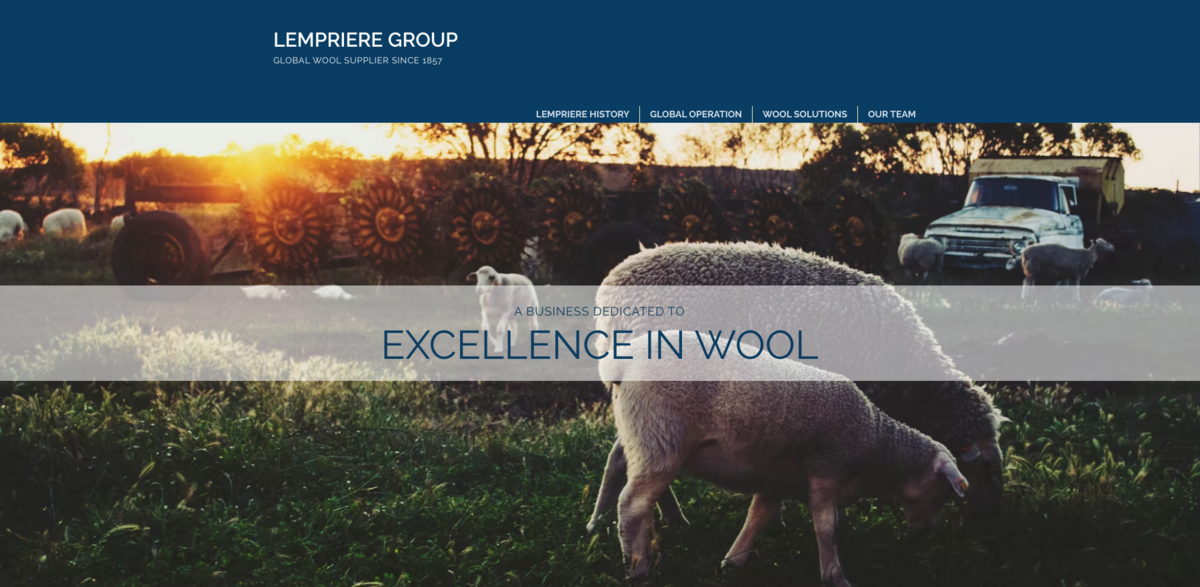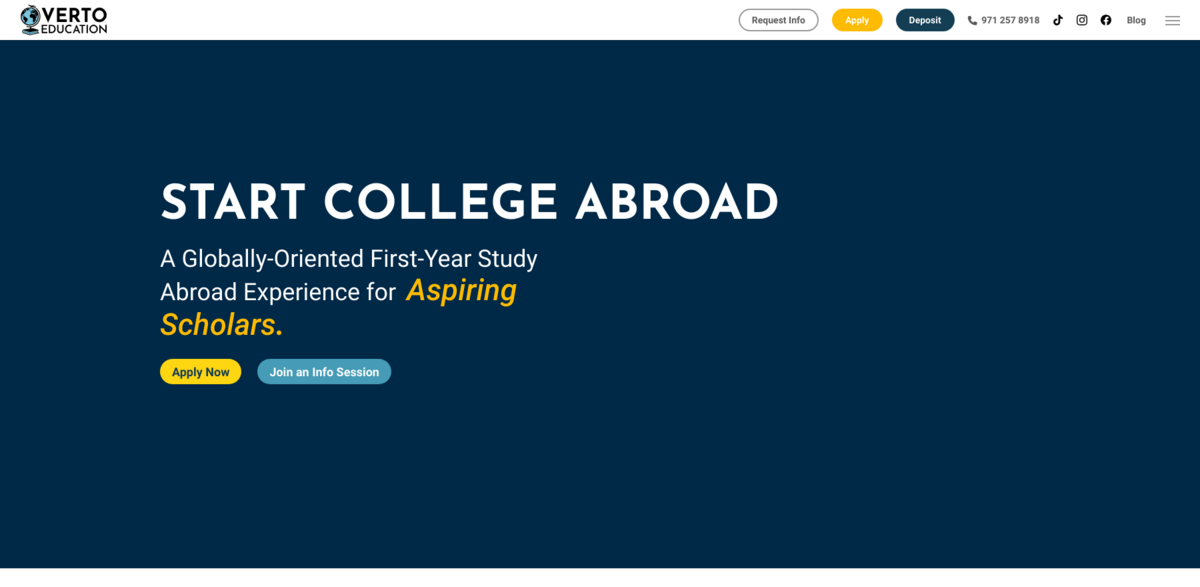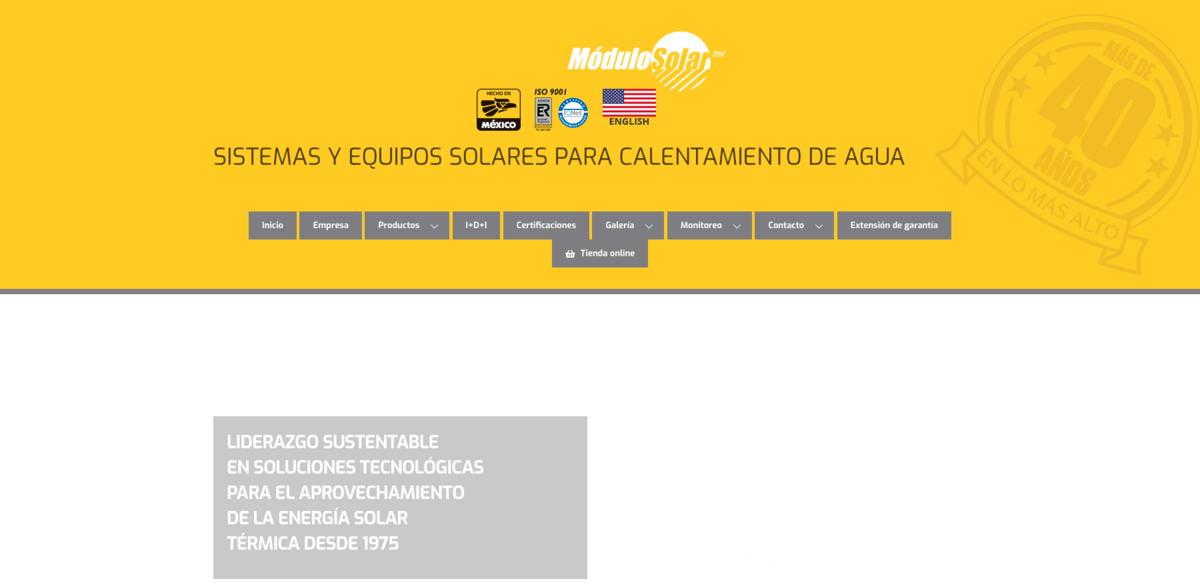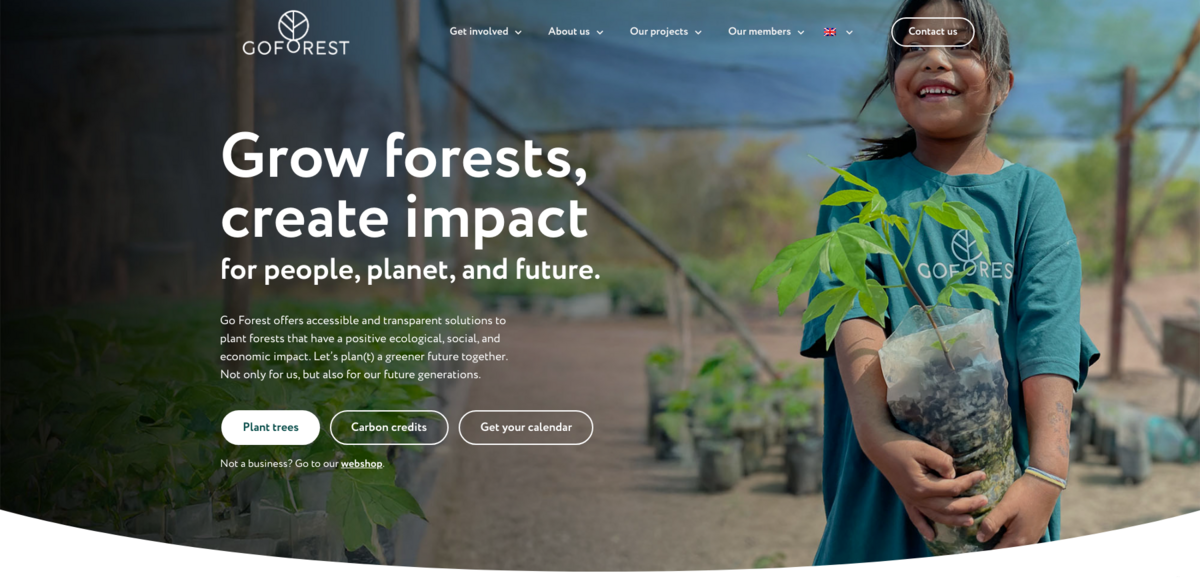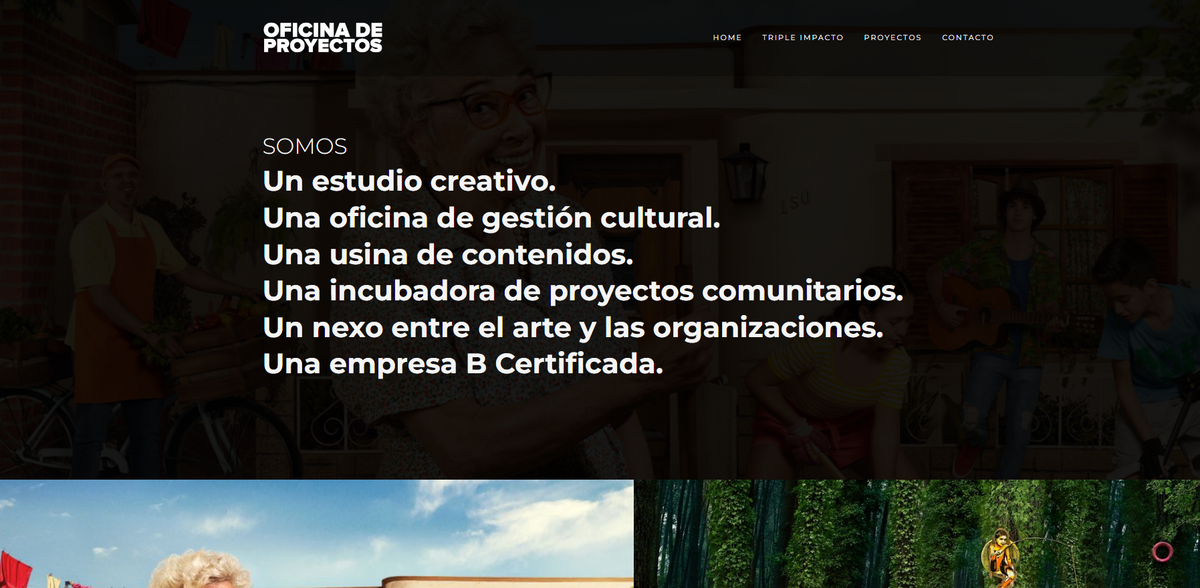SDG 6: Clean Water and Sanitation
Sustainable Development Goal 6 (SDG 6), part of the United Nations’ Agenda 2030, aims to ensure availability and sustainable management of water and sanitation for all. Clean water is essential for health, economic development, and environmental sustainability, yet 2.2 billion people lack access to safe drinking water, and over 4 billion lack proper sanitation.
Access to clean water and sanitation is a basic human right and a key driver of public health and economic progress. Improving water systems leads to:
✅ Lower disease and mortality rates
✅ Better hygiene and sanitation in communities
✅ Increased agricultural and industrial productivity
✅ Preservation of ecosystems and biodiversity
How Can We Achieve SDG 6?
Governments, businesses, and individuals must collaborate to:
💧 Improve water infrastructure and access to sanitation
💧 Reduce water pollution and promote wastewater treatment
💧 Encourage water conservation and sustainable management
💧 Enhance resilience to climate-related water crises

Innovative Solutions for SDG 6: Companies & Initiatives Transforming Water Access
Achieving SDG 6: Clean Water and Sanitation requires technological advancements, policy enforcement, and community-driven solutions. Across the world, NGOs, water tech companies, and social enterprises are working to provide safe drinking water, improve sanitation, and protect water resources.
From smart water purification systems and rainwater harvesting to sanitation projects in underserved regions, these innovations prove that sustainable water management can be achieved through collaboration.
Below, we highlight the most impactful companies and initiatives advancing SDG 6 and ensuring clean water access for future generations.
👉 Explore the list and be part of the change! 💦🌍
10 projects in Argentina contributing to SDG 6
-
Lempriere Wool Trading: A Trusted Global Supplier of Quality Wool
Lempriere Wool Trading has been a trusted global supplier of quality wool for over 150 years, serving textile mills and fashion houses worldwide. With a commitment to sustainability and innovation, they source wool from diverse origins and operate a topmaking plant in Bulgaria, catering to the European market.
-
Pura Aventura: Thoughtful Travel Experiences Across Latin America and Beyond
Pura Aventura is a travel agency focused on creating unforgettable journeys that prioritize sustainability and community impact. With a commitment to responsible tourism, they offer diverse holiday types across Latin America, Spain, and Portugal. Their unique approach ensures that travelers not only explore beautiful destinations but also contribute positively to the local communities and environments…
-
Yerba Madre: Celebrating Regeneration Through Yerba Mate Culture
Yerba Madre is a brand that celebrates the culture of yerba mate while prioritizing regeneration and sustainability. With a commitment to supporting communities and ecosystems, they offer a unique beverage experience that promotes health and well-being. Their journey began in the mid-90s and continues to inspire a global community through clean energy and fair trade…
-
Fundación Rewilding Argentina: Protecting and Restoring Natural Landscapes
Fundación Rewilding Argentina is dedicated to protecting and restoring ecosystems in Argentina, particularly in the Iberá National Park. Their efforts focus on rewilding, biodiversity conservation, and community engagement, making a significant impact on both the environment and local cultures. Through innovative projects, they aim to reconnect people with nature and promote sustainable development.
-
Verto Education: A Unique Study Abroad Experience for College Freshmen
Verto Education provides a transformative study abroad experience for college freshmen, allowing them to earn credits while exploring new cultures. With partnerships with the University of New Haven, students can embark on a journey of academic and personal growth in exciting international locations. Verto emphasizes immersive learning, community building, and essential life skills, making education…
-
Oscar Olivares: Transforming Plastic Waste into Stunning Murals
Oscar Olivares is a Venezuelan visual artist known for his unique murals made from recycled plastic bottle caps. His work promotes sustainability and cultural awareness, showcasing the beauty of reusing materials. With nearly 2 million caps repurposed and exhibitions in over 22 countries, he inspires a global movement towards eco-conscious art. Oscar also founded the…
-
Upslope Brewing Company: Crafting Quality Beer for Outdoor Adventures
Upslope Brewing Company, founded in 2008, offers a unique blend of quality craft beer and a commitment to sustainability. With a focus on outdoor adventures, their beers are made from the freshest ingredients and packaged in recyclable cans. As a Certified B Corp, Upslope embodies a lifestyle that values both great beer and environmental responsibility.
-
Módulo Solar: Leading Provider of Solar Water Heating Solutions in Mexico
Módulo Solar, founded in 1975, is Mexico’s leading manufacturer of solar water heaters, providing innovative solutions for residential and commercial use. With over 250,000 installations, they are committed to sustainability and technological advancement.
-
Green Earth Initiative: Restoring Ecosystems Through Reforestation and Community Engagement
The Green Earth Initiative focuses on restoring ecosystems through reforestation, agroforestry, and community involvement. Projects span multiple continents, emphasizing local engagement and ecological balance. By integrating trees with agriculture, the initiative promotes sustainable land management and supports biodiversity recovery, particularly in regions like Madagascar and Tanzania. This holistic approach not only revitalizes landscapes but also…
Find SDG 6 Projects in your country! Where are you located?
Agriculture & Food Argentina Arts & Culture Australia Austria Belgium Brazil Canada Communities Conservation & Biodiversity Construction & Infrastructure Education Energy Fashion Finance France Governance & Policy Health & Well-being housing Mobility & Transport Netherlands Packaging SDG 1 SDG 2 SDG 3 SDG 4 SDG 5 SDG 7 SDG 8 SDG 9 SDG 10 SDG 11 Services & Consultancy Solar energy Spain Switzerland Technology Tourism United Kingdom United States Waste & Recycling water Water management Wind energy zero waste
FAQ on SDG 6: Clean Water and Sanitation (Agenda 2030)
1. What is SDG 6?
SDG 6: Clean Water and Sanitation is the sixth goal of the United Nations’ Sustainable Development Goals (SDGs) under Agenda 2030. It aims to ensure universal access to clean drinking water, proper sanitation, and sustainable water management.
2. Why is SDG 6 important?
Water is essential for human survival, agriculture, industry, and ecosystems. Without proper water and sanitation, communities face disease outbreaks, food insecurity, and economic instability.
3. What are the key targets of SDG 6?
Some major targets include:
- 6.1: Ensure universal and equitable access to safe drinking water.
- 6.2: Provide adequate sanitation and hygiene for all.
- 6.3: Improve water quality by reducing pollution and wastewater.
- 6.4: Increase water-use efficiency and sustainable withdrawals.
- 6.5: Implement integrated water resources management.
- 6.6: Protect and restore water-related ecosystems.
4. How does SDG 6 relate to Agenda 2030?
SDG 6 is closely linked to good health (SDG 3), food security (SDG 2), and climate action (SDG 13). Sustainable water management supports economic growth, ecosystem protection, and disaster resilience.
5. What are the biggest challenges to achieving SDG 6?
Some key challenges include:
- Water scarcity due to climate change and overuse.
- Pollution from industrial waste and agriculture.
- Lack of infrastructure for sanitation in rural areas.
- Unequal access to water resources between regions.
6. How can governments help achieve SDG 6?
Governments can:
- Invest in water infrastructure and sanitation services.
- Enforce regulations to prevent water pollution.
- Promote rainwater harvesting and efficient water use.
- Ensure fair water distribution and resource management.
7. What role do businesses play in SDG 6?
Businesses can:
- Develop water-efficient technologies and products.
- Reduce water waste in manufacturing and operations.
- Support clean water initiatives in local communities.
- Advocate for corporate responsibility in water management.
8. How can individuals contribute to SDG 6?
Individuals can:
- Reduce daily water consumption at home.
- Avoid products that contribute to water pollution.
- Support organizations providing clean water access.
- Raise awareness about water conservation.
9. How is progress on SDG 6 measured?
The UN tracks SDG 6 using indicators such as:
- Percentage of the population with safe drinking water access.
- Availability of sanitation and hygiene services.
- Water quality and pollution levels.
- Efficiency of water use in agriculture and industry.
10. Will the world achieve SDG 6 by 2030?
While progress is being made, water scarcity, pollution, and infrastructure gaps remain major hurdles. Achieving SDG 6 requires strong policy commitments, technological innovation, and global cooperation.
Discover other Sustainable Development Goals (SDG) Initiatives :
- SDG 1: No Poverty – End poverty in all its forms everywhere.
- SDG 2: Zero Hunger – End hunger, achieve food security, improve nutrition, and promote sustainable agriculture.
- SDG 3: Good Health and Well-being – Ensure healthy lives and promote well-being for all at all ages.
- SDG 4: Quality Education – Ensure inclusive and equitable quality education and promote lifelong learning opportunities for all.
- SDG 5: Gender Equality – Achieve gender equality and empower all women and girls.
- SDG 6: Clean Water and Sanitation – Ensure availability and sustainable management of water and sanitation for all.
- SDG 7: Affordable and Clean Energy – Ensure access to affordable, reliable, sustainable, and modern energy for all.
- SDG 8: Decent Work and Economic Growth – Promote sustained, inclusive, and sustainable economic growth, full and productive employment, and decent work for all.
- SDG 9: Industry, Innovation, and Infrastructure – Build resilient infrastructure, promote inclusive and sustainable industrialization, and foster innovation.
- SDG 10: Reduced Inequalities – Reduce inequality within and among countries.
- SDG 11: Sustainable Cities and Communities – Make cities and human settlements inclusive, safe, resilient, and sustainable.
- SDG 12: Responsible Consumption and Production – Ensure sustainable consumption and production patterns.
- SDG 13: Climate Action – Take urgent action to combat climate change and its impacts.
- SDG 14: Life Below Water – Conserve and sustainably use the oceans, seas, and marine resources.
- SDG 15: Life on Land – Protect, restore, and promote sustainable use of terrestrial ecosystems, forests, and biodiversity.
- SDG 16: Peace, Justice, and Strong Institutions – Promote peaceful and inclusive societies, provide access to justice, and build effective institutions.
- SDG 17: Partnerships for the Goals – Strengthen the means of implementation and revitalize the global partnership for sustainable development.

